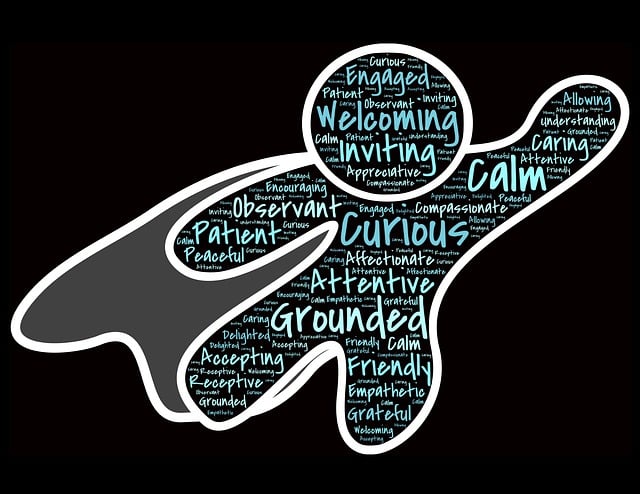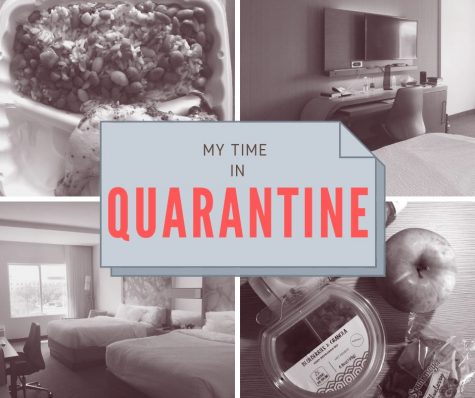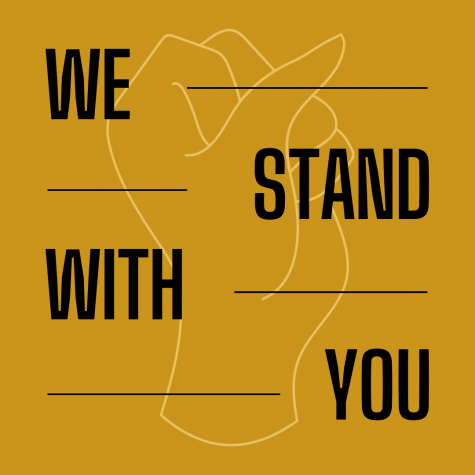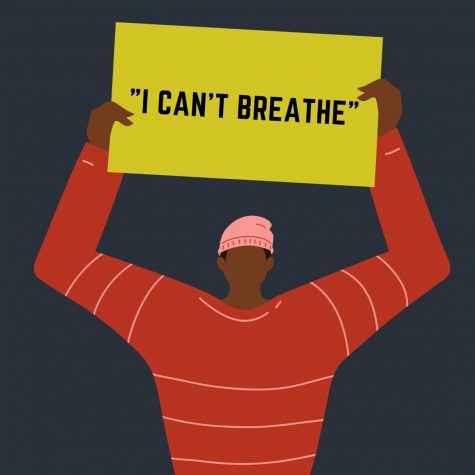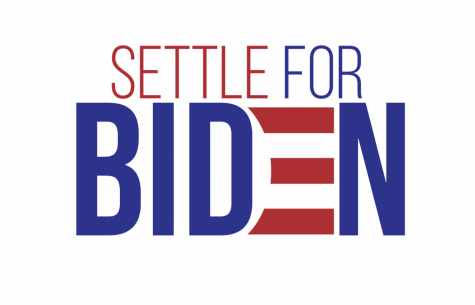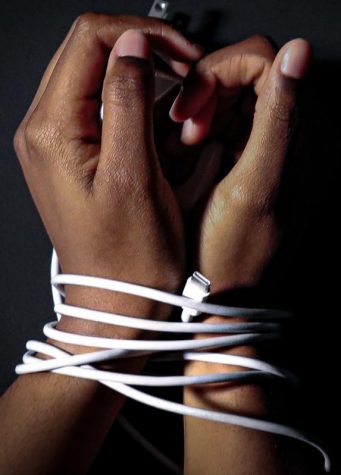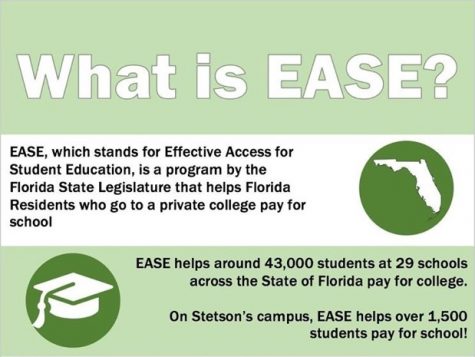SKEPTICAL SCIENCE SUNDAY: Astrology is Fake (But It’s Still Fun So Sshh…)
December 10, 2017
If you’ve been following Hatter Network’s new online columns this semester, you might have noticed that the horoscopes posted every Monday have the same author as the forget-what-you-thought-you-know skeptical science column you’re reading right now.
Hi everyone, I’m Kitty Geoghan – astrologer, scientist, and what some might call a hypocrite.
Allow me to burst your bubble for a moment: Astrology is probably one of the best examples of pseudoscientific nonsense that very few in the science community actually take seriously. The concept itself – that the motion of the planets can have a direct effect on our lives here on Earth – is pretty much universally considered to be ridiculous. And the idea that being born in late March makes you more likely to become a freelance artist than someone who was born in early December is downright laughable. (That is actually a tenant of Western astrology – Aries is a sign of independence and leadership, while Sagittarius is much more associated with being a follower)
So why do people believe in astrology?
And why am I telling you this when just last week I posted a list of 2018 horoscopes alongside my usual skeptical science? Today, I’m going to unpack this, as well as offer some explanation for my own interest in the field of the stars.
Even among those who believe in and practice astrology, “tabloid horoscopes” are considered to be the lowest of the low as far as credibility. The kinds of weekly astrological forecasts you find in magazines and newspapers are often not actually based on any astrological tradition, and instead make use of what is called the Barnum effect, a psychological phenomenon that enables psychics and cold readers to fool the public.
Essentially, the Barnum effect relies on providing incredibly vague statements that would apply to most people, such as “You have a tendency to be critical of yourself,” encouraging the reader to see themselves in the statement and assume that the person making the statement truly understands them. The Barnum effect has been shown to influence perceptions of tabloid horoscopes as a valid assessment of personality traits and life events, particularly among young women. When you read a horoscope that applies to you, even if it’s something as generic as “You’ll have a good week except for a few bad things,” you might be more inclined to believe in astrology and buy the magazine that prints those horoscopes.
The Barnum effect explains how people might see themselves in vaguely-worded horoscopes like those published in supermarket tabloids. But what about more in-depth astrological readings? The astrological principles associated with the Western zodiac may not be scientifically based, but they are internally consistent, relying on a developed system of interpretation rather than the kind of cold reading associated with the Barnum effect.
So why do people still believe in them?
It’s hard to say, and despite a wealth of scientific evidence that Zodiac sign and personality traits are not at all related, many people swear that even the most specific astrological interpretations describe them perfectly. The most logical explanation for this is simple confirmation bias. In a full-length natal chart report, there may be hundreds of statements made about a particular individual, and if 45% of those statements are correct, basic psychology might lead that individual to disregard the other 55% and conclude that the report is accurate.
So why, if I am a science-based skeptical thinker who recognizes astrology as objectively false, am I so interested in this starry pseudoscience?
The short answer is that I became interested in astrology before I got into skepticism, and my understanding of astrological tradition didn’t just go away after I became a skeptic. An even shorter answer, though, is one that a lot of our readers can probably relate to: It’s fun! I make no claims about whether my horoscopes are correct, but they are consistent with Western astrological tradition, and how my readers choose to interpret them is their business.
Whether you’re a true believer or just someone who enjoys comparing horoscopes to real life, I’m glad to be able to share my knowledge of astrology with you. And although astrology may be one of the least respected pseudosciences out there, in my view, it is also the least dangerous.
No one has ever died or even gotten sick from reading a horoscope. My knowledge of science might tell me that my understanding of astrology is a load of crap, but that doesn’t take away the enjoyment of reading the stars and reporting my findings. Horoscopes aren’t hurting anyone, and while skepticism and critical thinking are important in science literacy, that doesn’t mean they have to ruin the fun.






